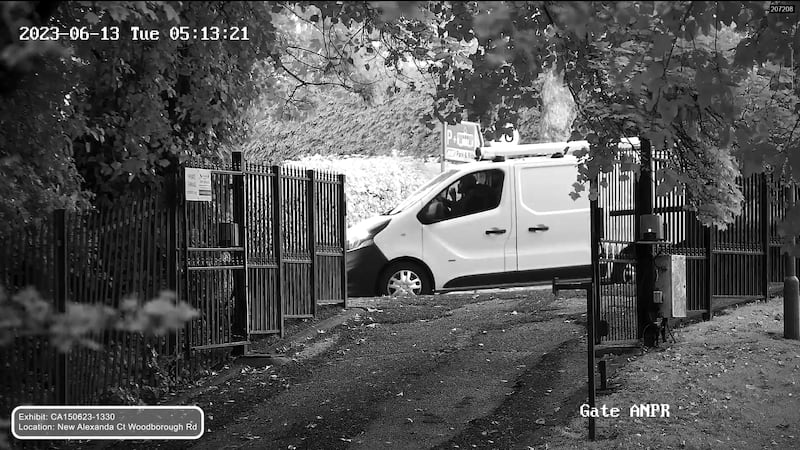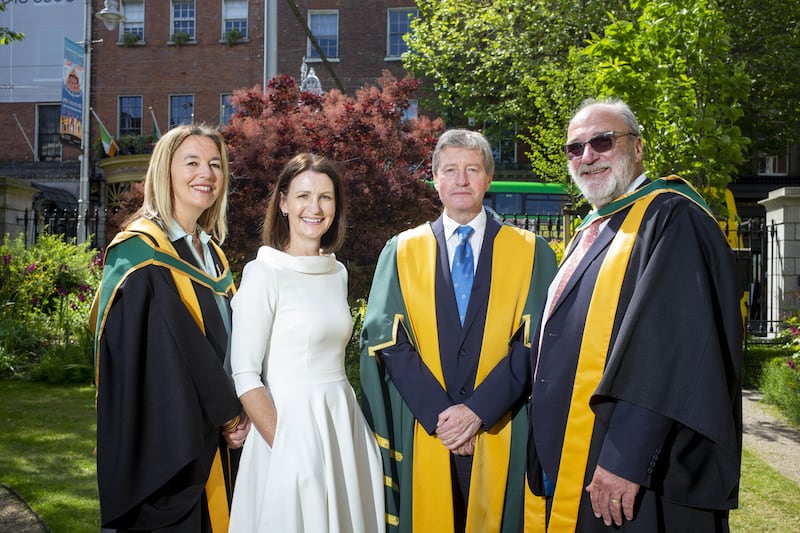A STUDY comparing findings on domestic violence both during and after years of conflict has shown men with paramilitary connections are still using their position within the community to threaten their partners.
In the first study of its kind, researchers from the Ulster University (UU) compared interviews with victims of domestic violence in 1992 with a similar group of abuse survivors almost 25 years later.
Around 120 women were interviewed as part of the study; 56 women in 1992 and 63 in 2016.
Among the findings were that the threat of firearms, that previously existed in domestic violence situations, has been greatly reduced as a result of the decommissioning from within paramilitary groups.
However, many perpetrators of domestic violence were still drawing on paramilitary connections to threaten their partners.
Paramilitary style attacks are much less likely to be used to punish perpetrators of domestic and sexual violence in 2016 compared to 1992 with post conflict policing transformation and greater accessibility for police to nationalist/republican and loyalist working class areas found to be significant factors in this change.
Sexual abuse in domestic violence relationships was found to be more prevalent than official statistics suggest. Almost half of those interviewed reported that they had been raped or sexually assaulted by their husband/partner.
Over half of those interviewed reported that their children had also been subjected to domestic violence. Dissatisfaction with social services was high, with women reporting that social workers often pressed contact between children and their abusive fathers.
Emeritus Professor Monica McWilliams, who led the study on behalf of UU, said the peace process "has made a huge difference but there is still much work to do".
"The research shows that while much progress has been made over the last 25 years, a more consistent approach is needed in preventing and providing support for domestic violence", she added.
Dr Jessica Doyle, Research Associate at UU said: “Domestic violence remains a key problem in our society and one that must be addressed with greater protection for victims through legislative and policy change."
Noelle Collins of Women’s Aid said it was an "invaluable piece of research" adding that it "highlights how far we have progressed in our response to women and children experiencing domestic violence and shows what can be achieved when agencies come together to tackle this ongoing issue".








